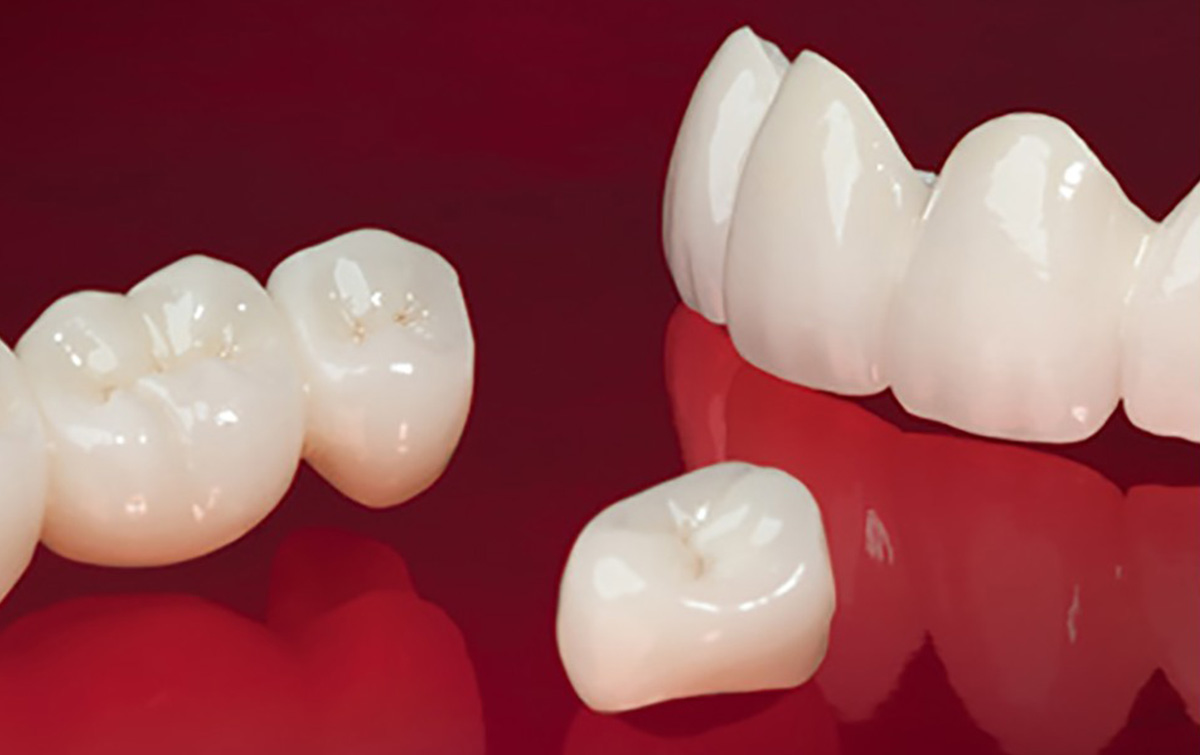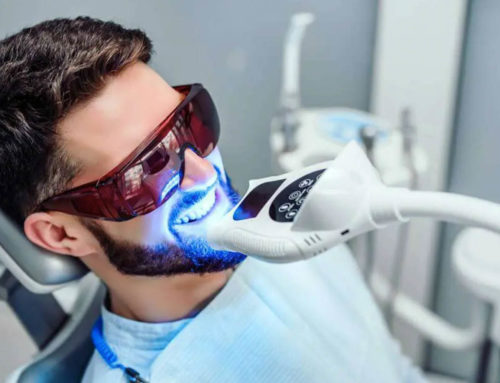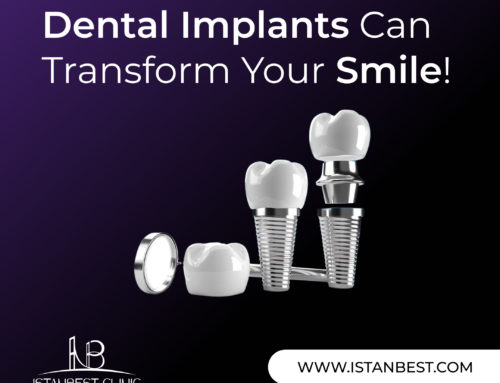Teeth play a vital role in the process of chewing food, making it essential for us to take proper care of them. Just like other creatures have their ways of maintaining their teeth, we humans need to be mindful of our oral health as well. With our diets often including harmful substances for our teeth, it becomes crucial to seek medical support to address any dental issues.

In this article, we will be discussing a popular dental treatment – dental crowns, with a complete guide about the difference between Zirconia and Porcelain crowns. But before we dive into the details, let’s first understand what dental crowns are.
Dental Crowns: Types and Materials
Dental crowns are protective caps that are used to cover a tooth or a dental implant. They are commonly recommended by dentists to provide support to weak, broken, or misshapen teeth, and they can also be used in combination with bridges to strengthen multiple teeth.
Dental crowns can be made from various materials, including ceramic, porcelain, zirconia, metal, composite resin, and porcelain fused to metal. Each material has its own unique properties in terms of durability, strength, and cost. Among these options, zirconia stands out as a particularly strong and long-lasting material.
While porcelain crowns may be suitable for certain situations, zirconia crowns are known for their superior strength and durability. They are less likely to chip or crack, making them an excellent choice for teeth that are under significant chewing pressure or located in the back of the mouth. Zirconia crowns also have a natural-looking appearance, making them a popular choice for cosmetic dentistry.
In addition to their strength and durability, zirconia crowns are biocompatible, meaning they are well-tolerated by the body and unlikely to cause adverse reactions or allergies. They are also resistant to wear and tear, making them a long-lasting option that can provide reliable protection for your teeth for many years.
Zirconia Crowns: Types and Benefits
Zirconia crowns are a type of dental cap made from Zirconium dioxide, a durable and long-lasting metal similar to Titanium. There are two types of Zirconia crowns: solid Zirconia and high translucent Zirconia, each with its own unique properties.
Solid Zirconia:
Solid Zirconia has a compact structure that makes it exceptionally strong and able to withstand chewing and bruxism forces. It is opaque in appearance, making it more suitable for posterior teeth that require greater strength and durability.
High Translucent Zirconia:
High translucent Zirconia, on the other hand, is not as strong as solid Zirconia but has a shinier appearance that closely resembles natural teeth. It is ideal for use in anterior teeth that require a more natural-looking aesthetic.
Zirconia crowns have gained popularity in dentistry due to their numerous advantages. Some of the benefits of Zirconia crowns include:
- Durability: Zirconia crowns are known for their exceptional strength and resistance to wear and tear, making them long-lasting and reliable for protecting teeth against chewing and grinding forces.
- Aesthetic Appearance: Zirconia crowns can be made to closely resemble natural teeth, especially high translucent Zirconia, which provides a superior aesthetic appearance. This makes them a popular choice for cosmetic dentistry in restoring the natural look of teeth.
- Biocompatibility: Zirconia is a biocompatible material, meaning it is well-tolerated by the body and unlikely to cause allergic reactions or adverse effects, making it a safe option for dental crowns.
- Versatility: Zirconia crowns can be used for both posterior and anterior teeth, depending on the type of Zirconia used. This versatility allows for a wide range of dental applications and treatment options.
Porcelain Dental Crowns: A Natural Alternative to Zirconia
Porcelain dental crowns are an alternative to Zirconia crowns and are made from a specific type of clay that is heated at high temperatures of 1200-1400 degrees Celsius. Many dentists recommend Porcelain crowns due to their natural color and gentle impact on adjacent teeth.
Porcelain crowns are known for their aesthetic appeal, as they can be made to match the color and translucency of natural teeth, providing a seamless and natural-looking result. The ability to achieve a highly realistic appearance makes Porcelain crowns a popular choice for cosmetic dentistry and restoring the beauty of a patient’s smile.
Another advantage of Porcelain crowns is their gentle impact on adjacent teeth. Porcelain is a softer material compared to Zirconia, which means it is less likely to cause wear or damage to the surrounding teeth during biting or chewing. This makes Porcelain crowns a preferred option in cases where preserving the integrity of neighboring teeth is a priority.
Furthermore, Porcelain is a biocompatible material, meaning it is well-tolerated by the body and less likely to cause allergic reactions or adverse effects. This makes Porcelain crowns a safe option for patients with sensitivities or allergies to other materials.
However, it’s important to note that Porcelain crowns may not be as durable as Zirconia crowns, as Porcelain is more prone to chipping or cracking compared to Zirconia. Therefore, Porcelain crowns may be more suitable for front teeth or areas with less biting force.

Disadvantage of Porcelain crowns
One of the main disadvantages of Porcelain crowns is that they contain metal, which can pose aesthetic challenges. The metal substructure may cause a visible gray or dark line at the Gumline, especially in patients with thin or receding gums. This can compromise the natural appearance of the crown and may be undesirable for patients seeking a highly esthetic result, particularly for front teeth. not to mention that it may also cause an unnatural breath smell.
Another limitation of Porcelain crowns is their potential for allergic reactions or metal sensitivity in some individuals. This can result in discomfort, inflammation, or other adverse reactions that may require removal or replacement of the crown.
At IstanBest Clinic, our trained professionals can guide you through the benefits of both zirconia and porcelain crowns and help you make an informed decision that is suitable for your dental restoration options. Contact us today to learn more!




